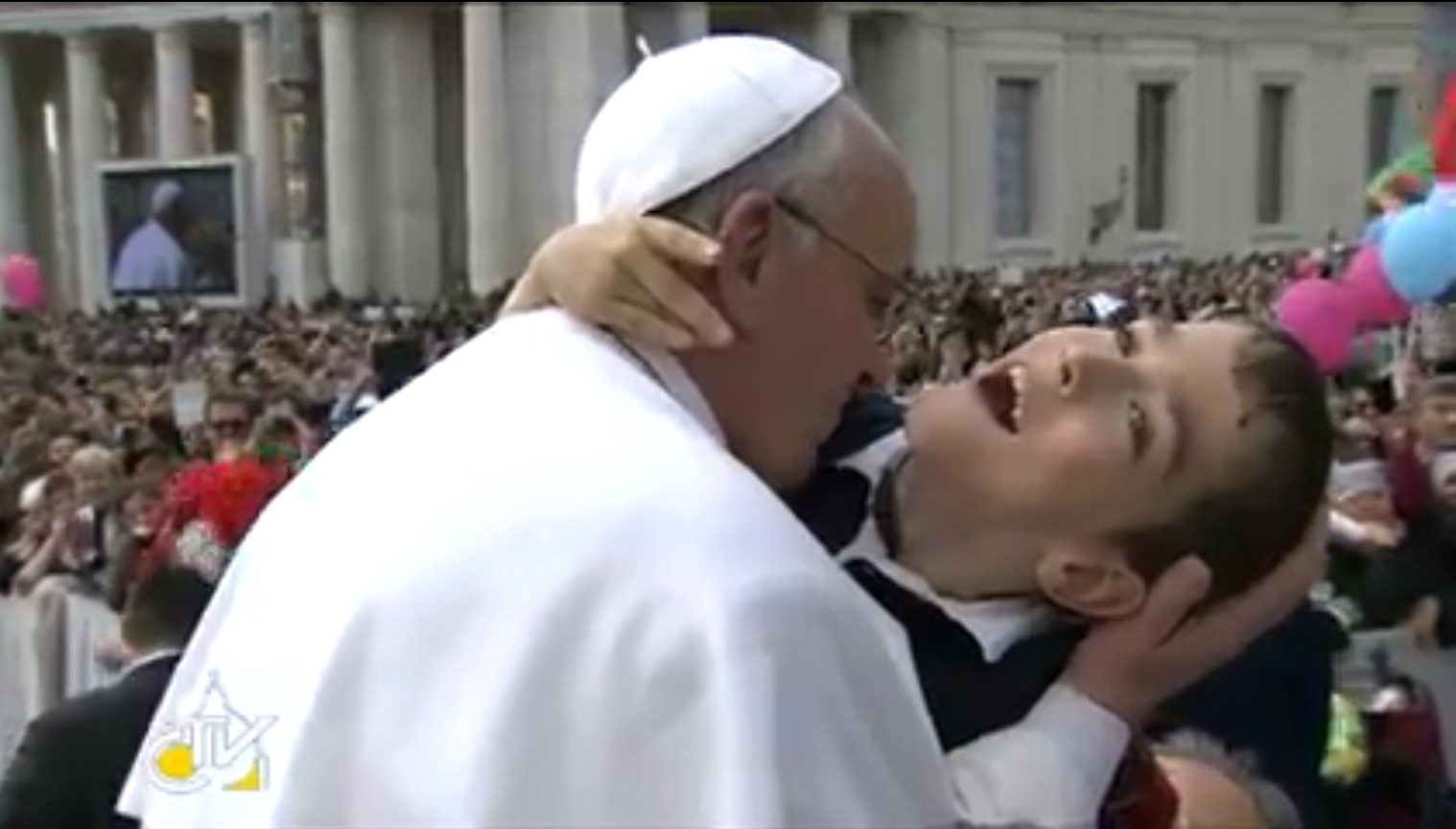One of the perks, or more appropriately, blessings of my years as a high school chaplain was the chance I had to chaperone several trips to Europe. It was on the first of these trips that I learned an important lesson from our tour guide. Arriving in London, our group was certainly tired from our travel, but we were excited to begin our adventure. Our first stop, however, did not seem to be so adventurous. Our guide brought us to a cafe and told us to get ourselves something to eat or drink and after we did he encouraged us to put our maps away and simply watch the crowd go by. At first this sounded like a terribly boring thing to do. But after a short while we found ourselves pointing out the various sights and people. Some even chatted about how the coffee or the pastry tasted different from what they had at home. When our guide asked us if we were ready to move on, we found ourselves asking for a little more time to watch and take it all in.
What this seemingly unexciting activity allowed us to do was to observe the pace of life, the fashion, the culture, the characteristics of people, what they eat, the smells of the city, the architecture. This simple activity introduced us very quickly to a new culture and way of life, an experience we would not have if we did not take the opportunity to stop and watch for awhile.
I continue to remember this lesson and apply it, not only when I go to new places, but I try to remind myself to do this in everyday life. We learn best when we watch and observe. When we have responsibilities to fulfill we are at our best when we "watch what we are doing." How often we hear a child say, "watch me Mommy," as he or she accomplishes something new. Being watchful and attentive is an excellent way for us to acknowledge the value and giftedness of others.

As we begin the season of Advent, the word, "Watch" describes the disposition we need to have if we wish to be nourished by the blessings of the season. Taking a step back to simply watch, is so contrary to the rhythm of life this season. We are busy with many tasks during these days and we are pulled in various directions. It is necessary, therefore, to set aside the time to watch and observe.
Advent watching is about two perspectives. This season is about watching and waiting to celebrate once again the birth of the savior in time. Advent is also characterized by our watching and waiting for the second coming of Christ in the end time; as well as the presence of the savior in our everyday life. The Advent season is alerting us to the call to vigilantly watch for the savior here and now.
In order for us to watch for a savior, however, we must acknowledge that we are in need of a savior. Why watch for a savior if I don't need to be saved? I love going for a swim in the ocean, but I am consciously aware of the location of the lifeguards because I know that despite my ability to swim, I may need to be saved. During this season we are watching for a savior, because we have observed our own need for one.
"Watch yourself," we sometime admonish each other if we sense the other is stepping into danger. My nephews are visited everyday by Fred, their elf on a shelf who watches them and reports back to Santa if they are bad or good. Knowing that Fred is watching, is really an exercise in being aware of one's own behavior. Most importantly then, we ask the Lord for the grace and the courage to observe ourselves. Watch the language you are using. Watch your habits that are annoying or harmful to others. Watch the relationships and people you take for granted or abuse. Watch how someone is waiting for you to apologize. Watching for a savior makes no sense if I have not first observed that I need to be saved from my sin and imperfections.

During these days find yourselves an Advent Cafe where you can watch and observe. Find the time to be watchful and quietly say, "Come, Lord Jesus," and watch what happens.




